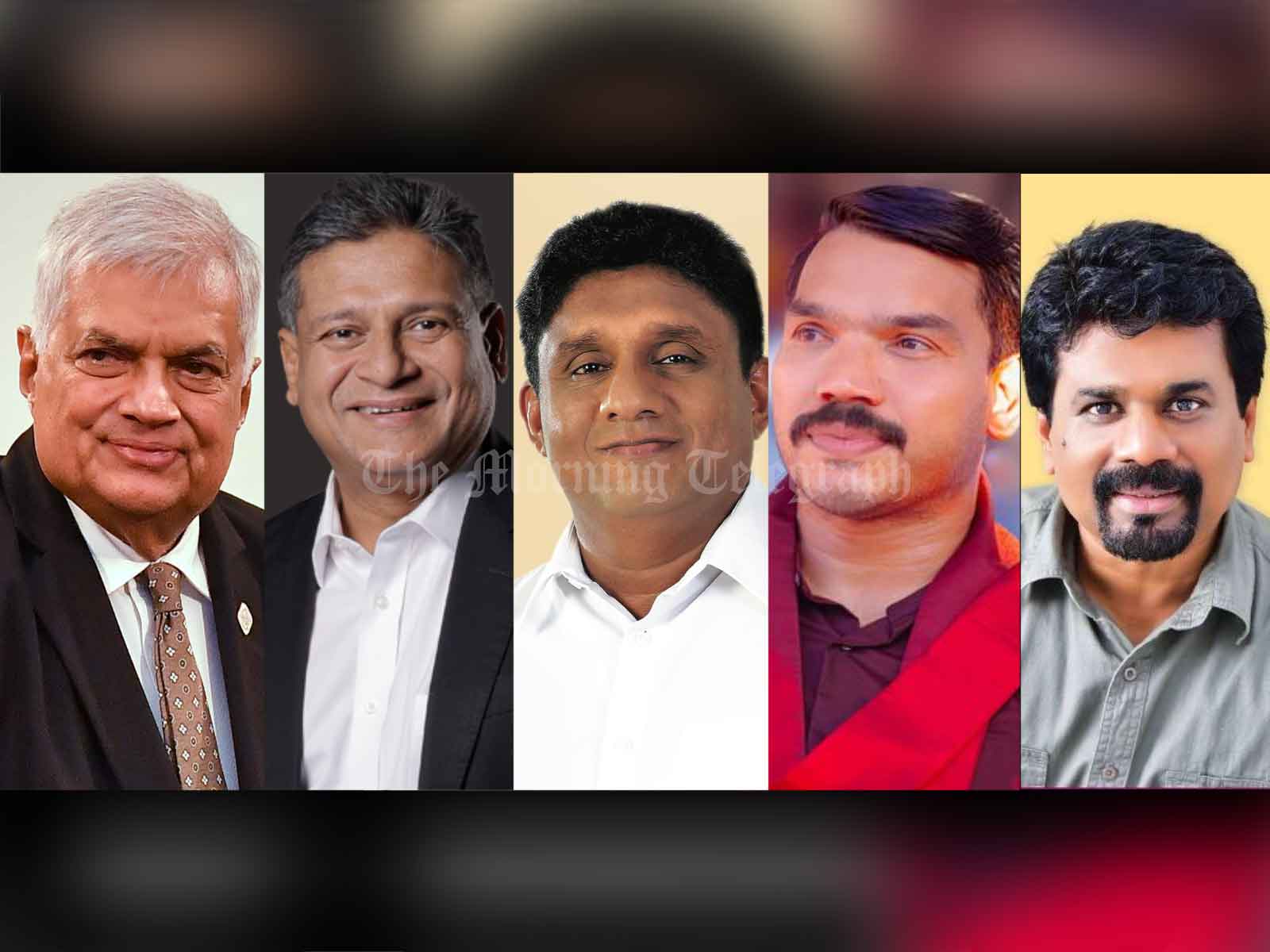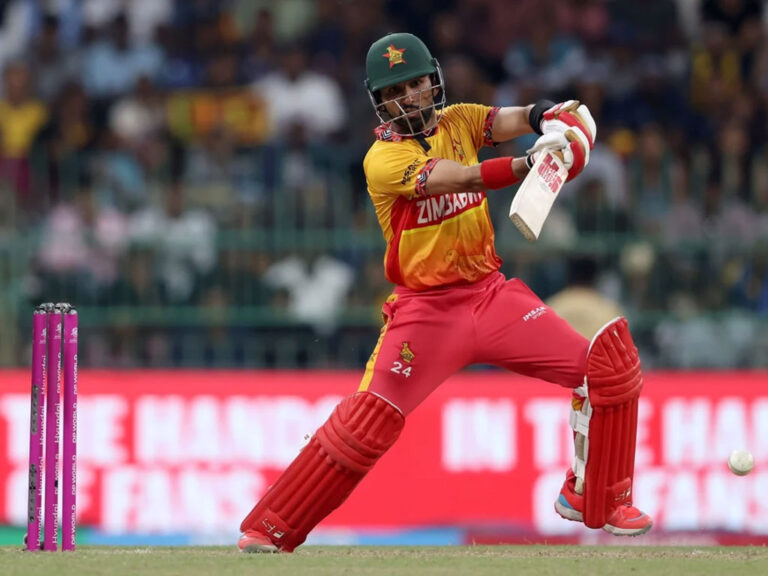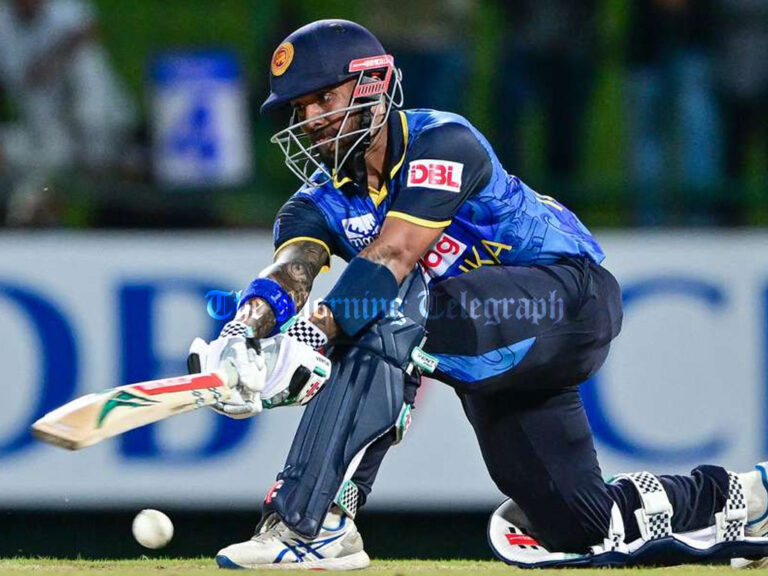
As Sri Lanka approaches its 2024 presidential election, the nation stands at a crossroads between enduring crisis and the potential for significant renewal. The election presents a critical moment for the country, with five main candidates each proposing distinct paths forward: Ranil Wickremesinghe, Dilith Jayaweera, Namal Rajapaksa, Sajith Premadasa, and Anura Kumara Dissanayake. Their differing visions offer a window into the possible future directions for Sri Lanka, and the choice made by voters will have profound implications for the nation’s recovery and development.
Ranil Wickremesinghe’s candidacy represents continuity amid the ongoing economic and political instability. As the current president, Wickremesinghe has been at the helm during a period of significant crisis, including the aftermath of the 2022 economic collapse. His administration has worked to stabilize the economy, secure an IMF bailout, and implement fiscal reforms. Wickremesinghe’s experience and established connections are seen as valuable assets in maintaining stability and navigating the country through turbulent times. However, his tenure has been marked by persistent criticisms of ineffective governance and insufficient reforms. Critics argue that his administration has failed to address deep-seated issues such as corruption, mismanagement, and bureaucratic inefficiency. The challenge for Wickremesinghe is to convince voters that his approach can bring about meaningful change and not merely perpetuate the status quo. His re-election campaign will need to address these concerns and present a clear vision for addressing the root causes of the economic crisis.
Dilith Jayaweera, a prominent businessman and media mogul, brings a fresh perspective as a political outsider. His campaign focuses on leveraging his private sector experience to drive economic recovery through innovation, entrepreneurship, and improved investment climate. Jayaweera advocates for reducing government inefficiencies and fostering a business-friendly environment to attract foreign investment. His platform resonates with those disillusioned by traditional politics and seeking new solutions. However, Jayaweera’s lack of governance experience raises concerns about his ability to navigate the complexities of national leadership and implement his ambitious plans effectively. His candidacy poses a challenge to the established political order, appealing to voters who are eager for a break from traditional politics but require assurances of his capability to manage the country’s multifaceted issues.
Namal Rajapaksa, representing the Sri Lanka Podujana Peramuna (SLPP), brings the weight of the Rajapaksa legacy into the election. As the son of former President Mahinda Rajapaksa and nephew of ex-President Gotabaya Rajapaksa, Namal’s candidacy is deeply intertwined with the Rajapaksa name. His campaign emphasizes economic recovery through increased foreign investment, support for agriculture, and tourism development. Rajapaksa’s approach aims to restore confidence in the Rajapaksa brand by promising a more measured and forward-looking governance style. Nonetheless, the Rajapaksa legacy is marred by the economic mismanagement associated with previous administrations, and Namal faces the challenge of distancing himself from these issues while leveraging his family’s political influence. The electorate will need to assess whether Namal can offer a new direction or if his candidacy represents a continuation of past failures.
Sajith Premadasa, leader of the Samagi Jana Balawegaya (SJB), presents a centrist reformist approach. His platform focuses on social justice, economic development, and infrastructure improvements. Premadasa advocates for job creation, enhancements to public services, and tackling the economic crisis through targeted reforms. His vision combines economic growth with a commitment to social welfare, aiming to address both immediate needs and long-term challenges. While Premadasa’s approach has broad appeal among working-class voters and those seeking stability with progressive changes, there are concerns about whether his policies can adequately address Sri Lanka’s deep-rooted structural issues. His campaign will need to demonstrate that his reformist agenda is practical and capable of delivering tangible improvements.
Anura Kumara Dissanayake, leader of the Janatha Vimukthi Peramuna (JVP), represents a radical departure from traditional politics. His platform emphasizes anti-corruption, economic modernization, and social equity. Dissanayake advocates for sweeping reforms, including the creation of 500,000 new jobs in the IT sector and a substantial increase in IT export revenues. His vision includes reducing corruption and modernizing the economy, appealing to voters frustrated with the political status quo. While his ambitious proposals resonate with those seeking fundamental change, critics question the feasibility of implementing such sweeping reforms in a challenging political environment. Dissanayake’s success will depend on his ability to translate his radical vision into practical policies and demonstrate that he can navigate the complexities of governance effectively.
Sri Lanka’s 2024 presidential election is a pivotal moment for the country, offering a range of potential futures. Each candidate presents a different approach to addressing the nation’s economic and political challenges. Whether through continuity with Wickremesinghe, fresh perspectives from Jayaweera, the Rajapaksa legacy with Namal, centrist reform with Premadasa, or radical change with Dissanayake, the next president will face the monumental task of steering Sri Lanka towards recovery and growth. The choice made by voters will shape the country’s path forward and determine whether Sri Lanka can overcome its current crises and build a more stable and prosperous future.




